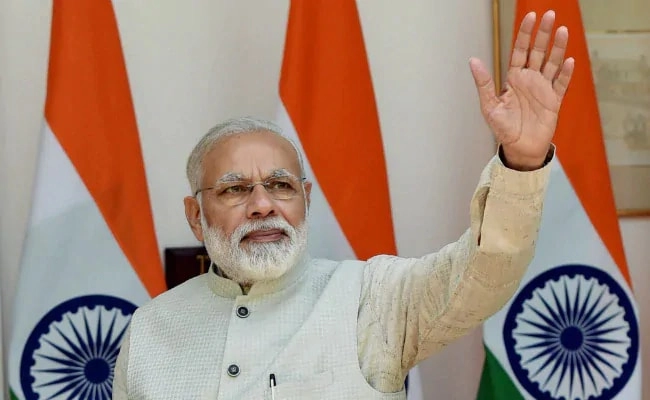In a recent political upheaval, Tejashwi Yadav, the leader of the Rashtriya Janata Dal (RJD) and former Deputy Chief Minister of Bihar, has voiced strong opposition to a proposed bill aimed at allowing the dismissal of ministers. Yadav’s comments reflect deep-seated concerns regarding the motivations and implications of such legislation, which he characterizes as a tool for potential blackmail and political manipulation. He argues that the bill could pave the way for the ruling party to exert undue pressure on opposition leaders, particularly targeting Chief Minister Nitish Kumar. By framing the bill as a mechanism for “blackmail” and “torture,” Yadav highlights the precarious nature of political dynamics in Bihar and raises alarms about the erosion of democratic norms.
Yadav’s vehement opposition underscores the broader context of political rivalry in Bihar, where power struggles between the RJD and the Janata Dal (United) have been intensely contested. The proposed bill, which seeks to empower the government to remove ministers at will, is perceived by Yadav as an authoritarian move that could undermine the checks and balances necessary for a functioning democracy. He contends that such a legislative change could create an environment of fear and intimidation among ministers, particularly those who may be inclined to dissent against the ruling party’s agenda. This atmosphere of coercion, according to Yadav, is detrimental to effective governance and transparency.
Furthermore, Yadav’s remarks serve as a rallying cry for opposition unity against what he describes as draconian measures that threaten the political fabric of Bihar. He calls upon fellow political leaders, activists, and citizens to remain vigilant and resist any attempts to curtail democratic freedoms. The implications of this bill extend beyond the immediate political landscape, as it raises questions about the future of governance and the accountability of elected officials. Yadav’s passionate stance reflects a broader concern for democratic integrity and the need for a political culture that prioritizes dialogue and cooperation over intimidation and coercion.
In this charged political atmosphere, the discourse surrounding the bill has ignited debates about the role of legislation in shaping political power dynamics. As Yadav articulates his fears regarding the potential misuse of such a law, he also emphasizes the importance of upholding democratic principles in the face of adversity. The ongoing tension between the RJD and the ruling party is indicative of a larger struggle for power that characterizes Bihar’s political landscape, making it imperative for all stakeholders to engage in constructive dialogue and uphold the tenets of democracy. As the situation unfolds, the eyes of the nation remain fixed on Bihar, where the outcome of this legislative battle could have far-reaching consequences for the state’s political future.




